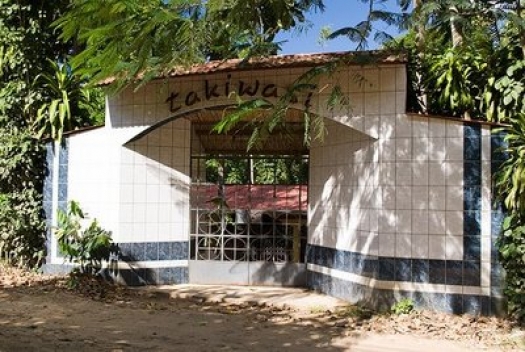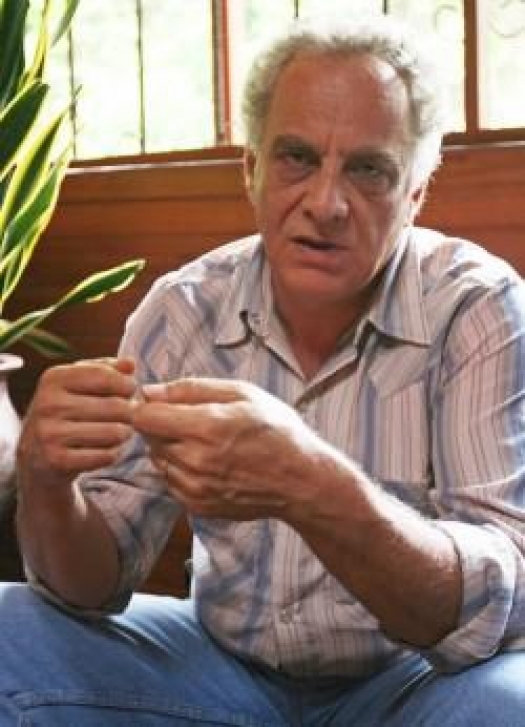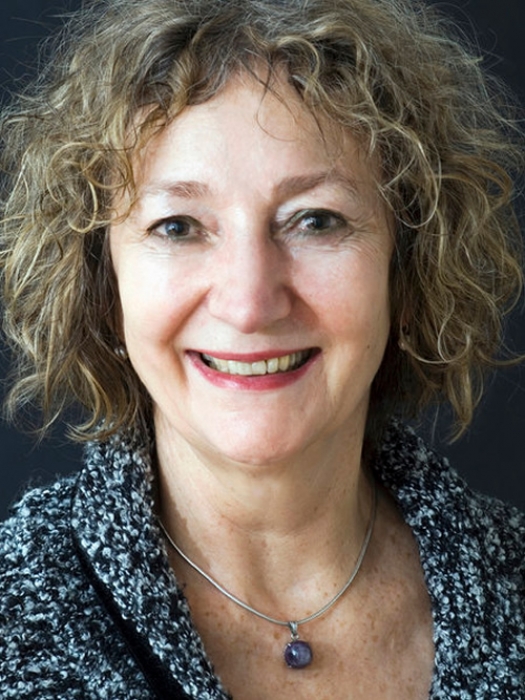Conference
- Location: Tarapoto, Peru
- Date: June 7-10, 2009
- Attendee: Ferdinando Pisani
Takiwasi.jpg

The Foundation for Alternative and Integrative Medicine (FAIM) attended an international conference on Traditional Medicine in the city of Tarapoto, Peru from the 7th to the 10th of June 2009. This summit was organized by Takiwasi, a therapeutic and research centre that integrates traditional healing methods to treat addictions.
Elsewhere on this site we have explained the importance of Traditional Medicine, which is a body of knowledge that systematizes the empirical knowledge of hundreds, and sometimes thousands, of years of medical experience. Traditional Chinese Medicine and Ayurveda are the best well known, but there are many other traditions such as the one in the Amazon.
jacquesmabit.jpg

The meeting of these ancient worlds with the latest advancements in technology and science makes for exciting marriages. One of these is Takiwasi created by Jacques Mabit, MD that uses medicinal plants and innovative therapeutic methods to effectively treat and heal drug addiction problems.
The conference "Traditional Medicine, Interculturality and Mental Health" was a bold initiative to summon experts and traditional healers from nearly two-dozen countries to discuss issues rarely addressed in other international forums. This was an opportunity for people and institutions to meet that are working with issues of mental health and have experience dealing with the integration of western medicine within a different cultural and medical paradigms.
The more than 90 lectures revolved around the following major lines of discussion:
- Issues of mental health and how cultural, social and anthropologic issues need to be addressed. Different therapeutic techniques and methods of reintegration were exposed, including indigenous ritual use of mind-altering plants.
- Ways of integrating modern western medicine with traditional medicine. This is particularly an issue in areas that are prevalently indigenous (non-western).
- Therapeutic approaches to drug addiction.
- Scientific research of traditional medical practices.
Practitioners of Traditional Medicine did many of the lectures at the conference. Many of them conveyed their health model and the challenge they face with dealing with the modern western medical model.
Roundtable discussion, poster presentations, informal discussions and live demonstrations added to the intensity of the conference.
For example, there was the intervention by a traditional Peruvian bonesetter who made concrete demonstrations. Now institutionalized in an officially recognized association, this tradition was preserved and handed down for centuries since the time of the Incas. Many practitioners (i.e. medical orthopedics) from abroad come to Peru to study this ancient art that manages to treat problems that still evade western practitioners.
mirjamhirch.jpg

Dr. Mirjam Hirch from Germany made a presentation of how the revitalization of culture and traditional medicine is used to cure mental illness in communities of the Pacific Northwest of the United States. With a National Institutes of Health (NIH) sponsored study, it has been shown how community interventions, such as a tribal canoe-healing journey, can dramatically improve the health of the local population. Dr. Hirch also gave a historical review of how the health situation of many indigenous tribes is the result of deliberate federal policy aimed at marginalizing these indigenous groups. For millennia, some of the ethnic groups of the Pacific Northwest made a livelihood by fishing. Through a series of coercitive laws, still in place until recently, these people were prohibited to fish their traditional waters. Since genetically these groups have lost the capacity to endogenously produce EPA and DHA (the good “brain fats”) from omega-3 fatty acids, they consequently suffered neurological problems that manifested in problems such as depression, addiction and suicide.
frederiqueapffelmarglin.jpg

Prof. Frédérique Apffel-Marglin, of Smith College, MA made a sophisticated presentation relating how the new onto-epistemological model (term heralded by the American academician Karen Barad) presented by the revolution in science initiated by Niels Bohr, gives us the tools to truly and seriously study the knowledge and experiences of other populations that we consider pre-scientific.
The conference finished with the signing of the Tarapoto Declaration, which is a well thought out bill-of-rights and list of good intentions for the integration of Western and Traditional Medicine.

